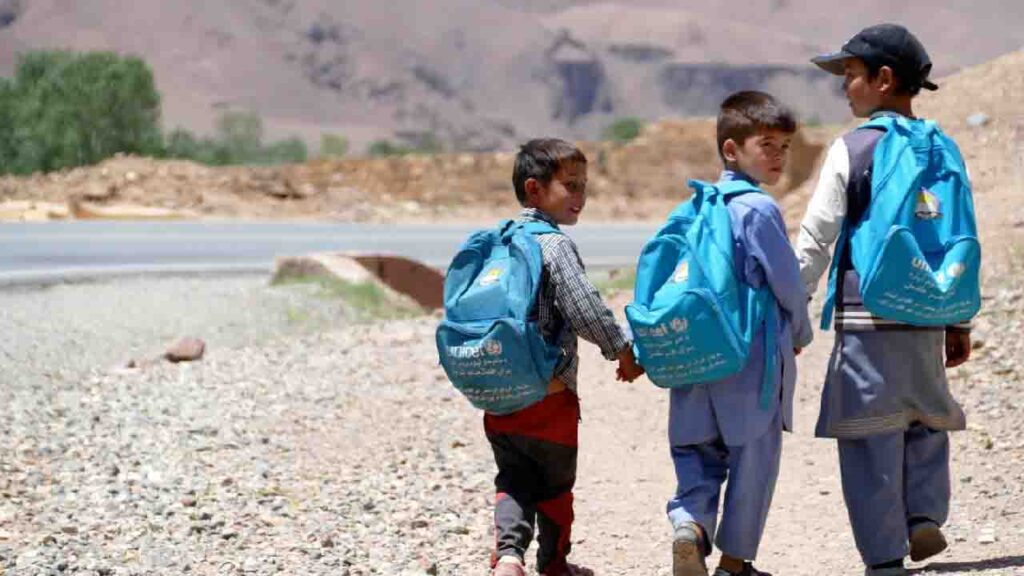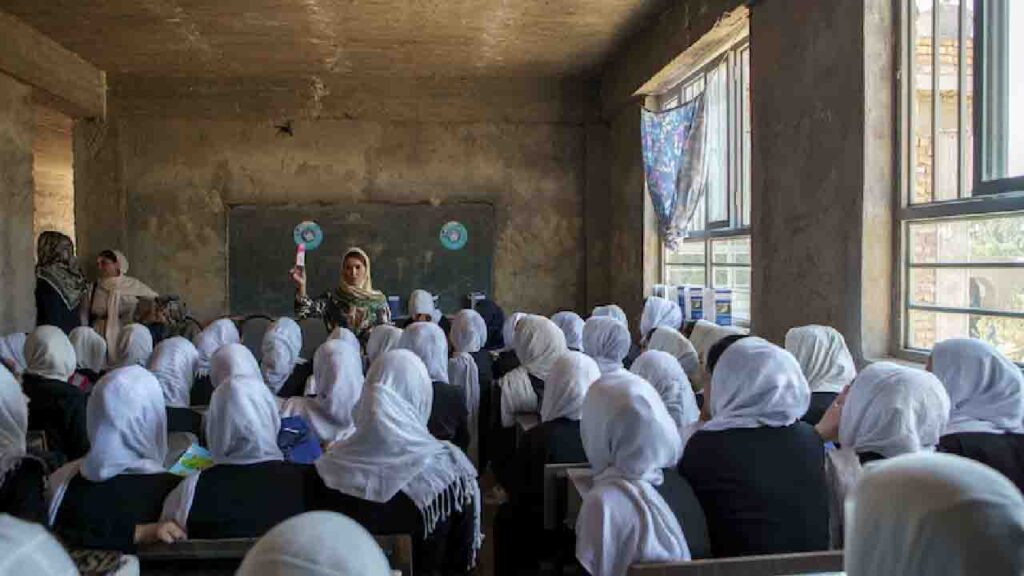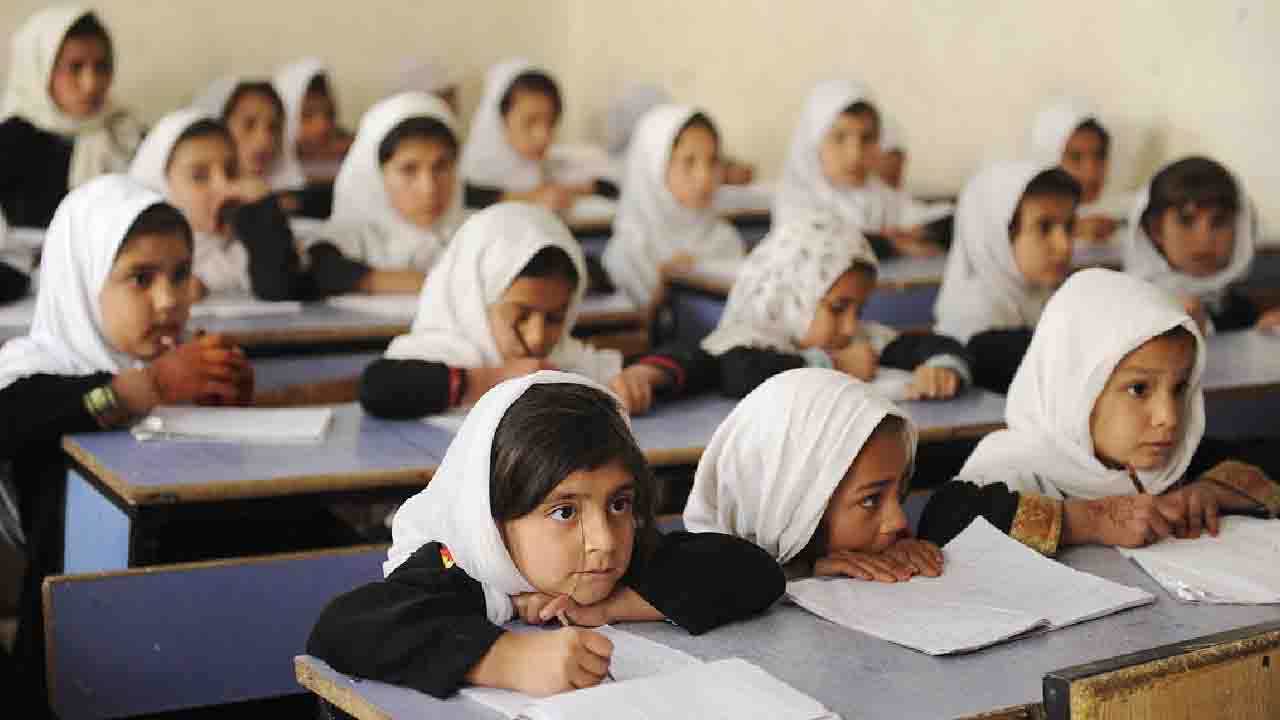Education has the remarkable ability to transform lives, ignite minds, and pave the way for a brighter future. Nowhere is this transformative power more urgently needed than in Afghanistan, a nation grappling with complex challenges and striving for stability amidst adversity. In this article, we delve into the critical role of education in Afghanistan, highlighting its profound impact on individuals, communities, and the nation as a whole. By understanding the challenges faced and the potential for change, we can collectively work towards empowering Afghanistan’s youth through education, fostering hope, and nurturing a foundation for progress.
The Power of Accessible Education:

Access to quality education remains a pressing challenge in Afghanistan. Decades of conflict and political instability have hindered the development of a robust educational infrastructure. Disparities between rural and urban areas, gender inequality, and limited resources continue to impede access to education for many children, particularly girls. To address this, a concerted effort must be made to build and renovate schools, train and recruit qualified teachers, and ensure that education reaches every corner of the country.
Empowering Girls through Education:
In Afghanistan, the education of girls has been a battleground for change. Historically denied educational opportunities, girls now have greater access to schooling. However, deeply entrenched cultural norms and security concerns still pose significant obstacles. By investing in girls’ education and challenging societal norms, Afghanistan can unlock the immense potential of its female population. Educated girls become empowered women who drive social and economic progress, breaking the cycle of poverty and contributing to the nation’s development.
Nurturing Tolerance and Rebuilding Trust:
Education has the power to foster tolerance, mutual understanding, and reconciliation in a fractured society. By integrating peace education and conflict resolution into the curriculum, schools can play a pivotal role in rebuilding trust and fostering a sense of national unity. Emphasising inclusivity, promoting cultural diversity, and teaching critical thinking skills can help shape a generation that values dialogue, respects differences, and seeks peaceful solutions to conflicts.
Investing in Vocational and Technical Education:

While traditional academic education is vital, vocational and technical education holds immense potential for Afghanistan’s economic growth. By providing training in trades, agriculture, entrepreneurship, and technology, vocational education equips individuals with practical skills that can lead to employment opportunities, self-sufficiency, and the ability to contribute meaningfully to the nation’s development. Public-private partnerships and collaborations with industry stakeholders can ensure that vocational education aligns with market demands, creating a skilled workforce that drives economic progress.
Fostering Innovation and Entrepreneurship:
Education must go beyond rote learning and examinations; it should nurture creativity, innovation, and entrepreneurship. By incorporating project-based learning, problem-solving activities, and entrepreneurship programs, schools can inspire a new generation of thinkers, inventors, and change-makers. Encouraging an entrepreneurial mindset equips students with the skills needed to seize opportunities, develop innovative solutions, and contribute to the nation’s economic growth.
Ensuring Education in Times of Crisis:
Afghanistan has faced numerous crises, including armed conflicts, natural disasters, and forced displacement. In such challenging times, maintaining access to education becomes even more crucial. Temporary learning spaces, mobile classrooms, and distance learning initiatives can provide education to children who are displaced or living in remote areas. Investing in resilient educational infrastructure and emergency response plans can ensure that education continues to be a beacon of hope even in the darkest of times.
Education holds the key to Afghanistan’s future—a future of hope, progress, and stability. By prioritising accessible education, empowering girls, fostering tolerance, investing in vocational training, nurturing innovation, and ensuring education in times of crisis, Afghanistan can







